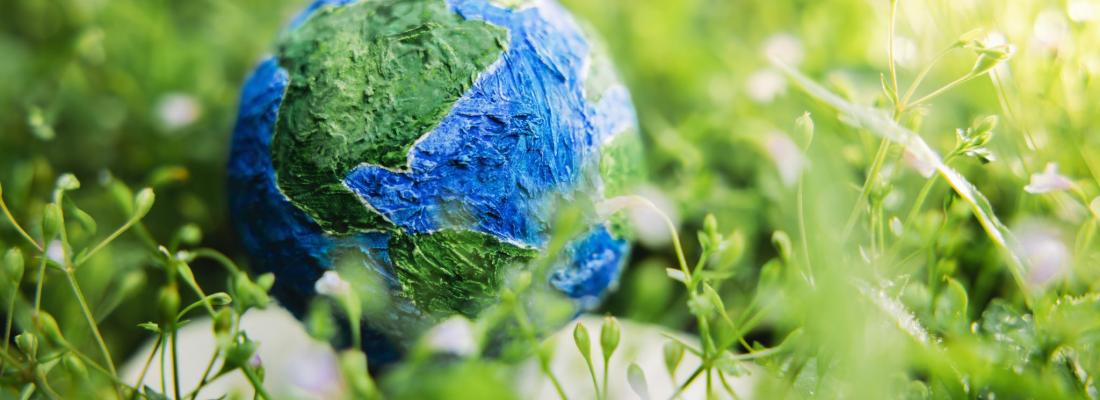Climate change and risks Reading time 2 min
Official Launch of the Soil Carbon International Research Consortium
Published on 21 November 2023

The Soil Carbon International Research Consortium IRC idea emerged during the CIRCASA project led by INRAE (Jean-François Soussana) from 2017 to 2021 with more than 500 scientists and 100 stakeholders from around the world. ORCaSa project led by INRAE (Suzanne Reynders) started a year ago (September 2022) to operationalize the Soil Carbon IRC and develop the first services, governance and business model. Aided by Impact4Soil, an online platform for collecting and sharing knowledge on soil carbon, the Soil Carbon IRC, its partners and regional nodes aim to provide better access to research, methods and practices related to soil carbon. It is possible to join now and sign the letter of interest.
First European Mission Soil Week
Organised by the European Commission, the European Mission Soil Week takes place in Madrid (Spain) from 21 to 23 November 2023. It brings together the European soil community: researchers, policymakers, farmers, foresters, spatial planners, landowners and land managers, businesses as well as the general public, to discuss the challenges for making and keeping EU soils healthy. Soil health is high on the EU political agenda. The European Green Deal and other policies recognize soil health as an essential element for achieving their objectives, such as climate neutrality, stopping desertification and land degradation or reversing biodiversity loss.
The Soil Carbon International Research Consortium was presented in plenary session “Mission’s international dimension” with an introduction by Kerstin Rosenow, head of the Mission’s secretariat “a soil deal for Europe” and head of Research and Innovation Unit at DG AGRI and some concluding remarks from Christian Holzleitner, Head of Unit for Land Economy and Carbon Removals at DG CLIMA. During the hour-long session, the services provided and key information on IRC governance were presented. As well as explanation on why and how to joint the IRC and testimonials from interested members of the soil carbon community.
Soil Carbon International Research Consortium
The Soil Carbon IRC is being operationalized through the ORCaSa project lead by Susanne REYNDERS, INRAE. Supporting the Paris Agreement and the Sustainable Development Goals, the Soil Carbon IRC will cover all soils: agriculture lands, forests, pastures, wetlands, urban areas, etc… It is open to professionals from Research (universities, research organizations, national or international initiatives, living labs), from Funders (Research and Developement funding agencies, foundations, banks) and from Users (private companies, start-ups, policymakers, agriculture experts, or NGOs) working with food, climate, and environmental topics.
By joining the Soil Carbon IRC, they will be part of an international community committed to raise awareness and develop scientific knowledge of soil carbon issues, especially on MRV (Measurement, Reporting and Verification) methodologies. They will create and develop public-private synergies and multidisciplinary cooperation activities and contribute to an aligned Strategic Research and Innovation Agenda (SRIA). They will contribute to Thematic Annual Programming on soil carbon topics, trends, and issues. They will take part and access the very latest research outputs through Impact4Soil knowledge platform: review of practices, mapping of initiatives and projects, scientific evidence through meta-analysis and reviews, networks, data etc.
